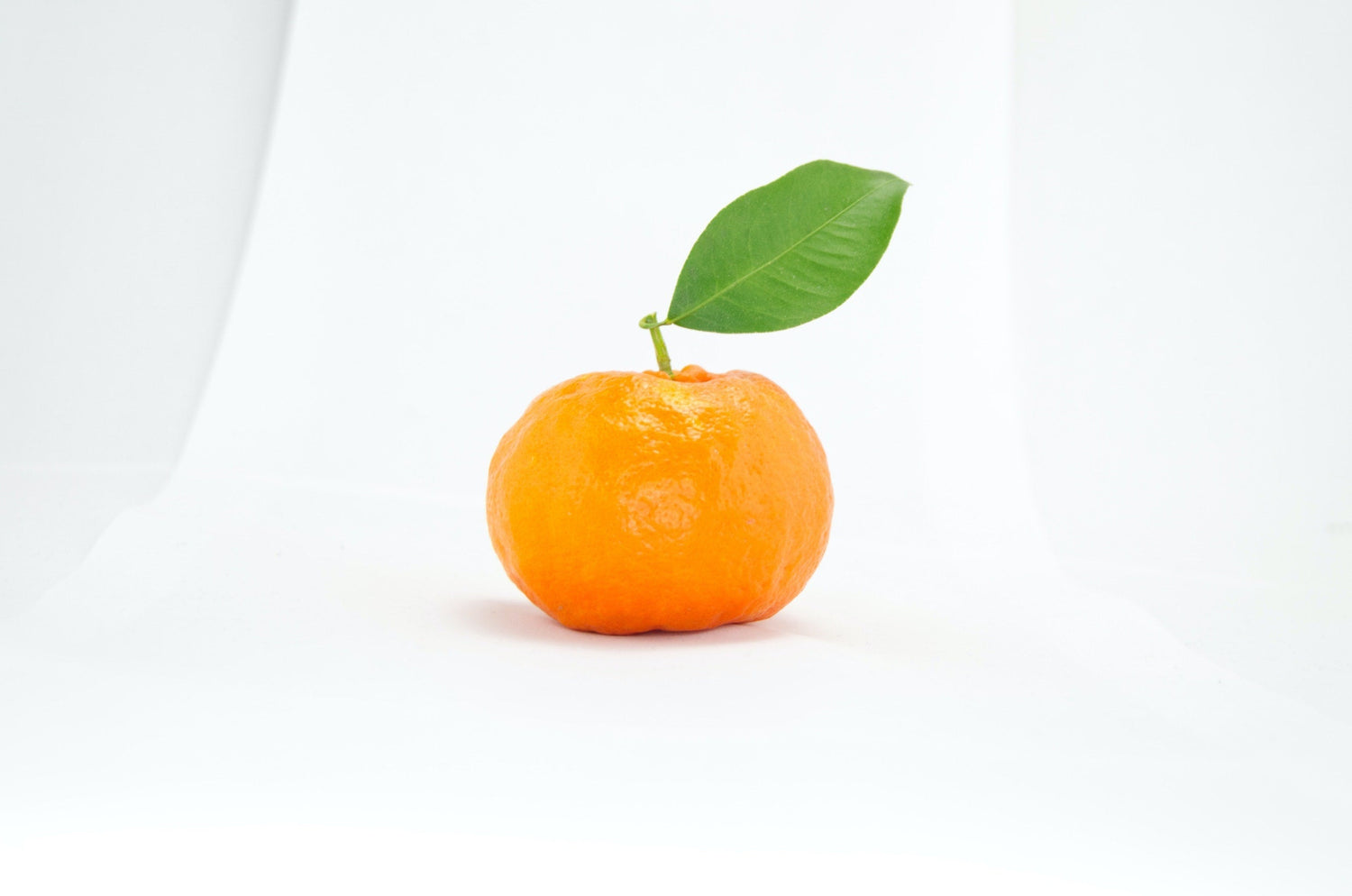As if the cold of winter isn’t bad enough, the change in season can also wreak havoc on our skin in the form of dull appearance, rough texture, dryness, redness and itchiness. In its mild state, this combination of characteristics is known as "winter itch" or "winter eczema." When it gets severe enough, winter itch can develop into something far more concerning, often resulting in skin that is so dry and damaged that painful cracks and fissures form in the skin. With proper skin care practices, however, winter itch can be prevented and your skin can be properly and comfortably hydrated throughout the cold and dry season, no matter how severe the weather is where you live.
What Causes Winter Itch and Dry Skin?
On average, our skin loses approximately one pint of water each day through a process called transepidermal water loss (TEWL), whereby moisture is pulled from the surface of the skin into the environment. In winter, when there is less humidity in the air, TEWL increases significantly. This is the scenario that sets into motion all of the characteristics of winter itch outlined above. Our skin simply cannot function properly when it does not contain enough moisturizer.
The situation intensifies due to our tendency to take long, hot showers at this time of year and to wash our hands more often to avoid the germs that cause colds and flu. Doing so deteriorates the skin’s acid mantle, the protective film that kills bacteria and regulates moisture loss. Thus, our skin becomes even drier while being at an increased risk of infection.
Because the skin is inadequately protected by the acid mantle and has far less moisture content than it requires, the skin cannot function properly. The skin’s natural exfoliation process, called cellular turnover, slows down and dead cells begin to accumulate on the skin’s surface, giving it a dry, ashy appearance. As this dead skin layer thickens, the dermis layer begins to thin and slows down its production of new skin cells. The result is skin that is uncomfortable, unsightly and unable to properly heal itself.
Preventing Dry and Itchy Winter Skin
Simply put, to ensure your skin feels its best during cold weather months, hydration is the name of the game. The tips that follow are effective in preventing winter itch:
AVOID OR LIMIT:
- Limit the length of showers and use moderate water temperatures. Be sure to use body washes and cleansers that are ph-balanced and formulated to be gentle on the skin, like Lexli Complete Cleanser and/or glycerin soap. Why? Long, hot showers and harsh soaps strip the skin of natural oils that help to hydrate and protect the skin. Moderate water temperatures and gentle cleansers adequately cleanse the skin while preserving its vital acid mantle. (Learn more about why your skin needs ph-balanced products.)
- Whenever possible, avoid the use of hand sanitizers that contain alcohol, such as isopropanol and ethanol. Why? While alcohol is an effective antimicrobial, it is extremely drying to the skin.
PREVENTATIVE PRACTICES:
- Regularly use a cool air humidifier in your home to keep humidity levels up. While it’s helpful to have one in each of the rooms you primarily use (as well as your office or workplace, if possible), at a minimum, run one in your bedroom each night. Why? When air humidity is around 40%, the rate of transepidermal water loss from the skin is significantly lessened.
- Use body lotions and moisturizers that are rich in humectants and be sure to apply throughout the day. Why? Humectants prevent the evaporation of moisture from the skin. (Tip: Two great products to try are Ultimate Face Cream and Ultimate Hand & Body Cream, both of which are formulated with a base of organic, pharmaceutical-grade aloe vera to penetrate the skin and promote healing.)
- Exfoliate regularly using a product that is safe for the skin. Avoid scrubs that include granules and other harsh substances that can irritate already sensitive skin. Why? Exfoliation with an effective chemical exfoliator, like Lexli AloeGlyC+, prevents the buildup of dead skin cells and encourages cellular turnover. A regular exfoliation practice also ensures that moisturizers are more effective because they can be better absorbed into the skin.
- Make the use of lip balm a daily habit. Why? Lips are more prone to moisture evaporation than the rest of our skin and, thus, tend to be among the first areas of skin to dry out.





